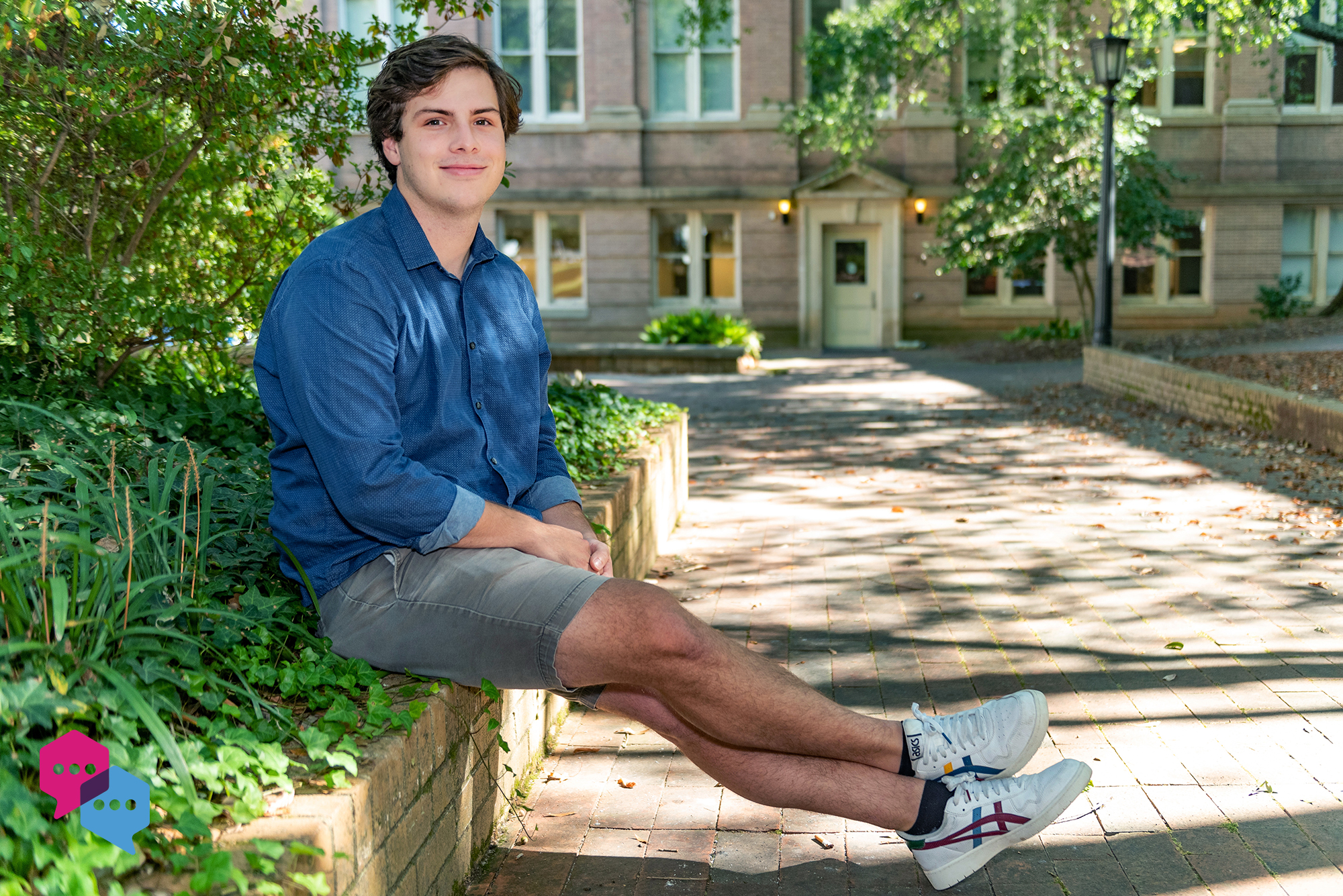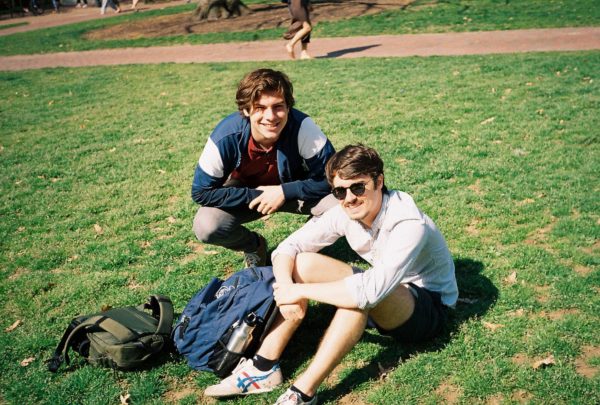Q: When you were a child, what was your response to this question: “What do you want to be when you grow up?”
A: As a child, I was often concerned with this question, unaware of the vast amount of opportunities in the world. A recurring dream was to be an architect — a field that, due to my confusion of architecture and archeology, was an intriguing combination of Indiana Jones and Frank Lloyd Wright. I also considered astronaut, doctor, and many others. I was never comfortable settling in one field and was always interested in exploring more.
Q: Share the pivotal moment in your life that helped you choose your field of study.
A: I got involved with a lab in the psychology department, which allowed me to better understand the research process. At the same time, I was taking an information science course with Zeynep Tufekci on the impact of algorithms on society. Combining these two interests allowed me to understand the perspectives and academic goals of each field — something I really enjoy. This self-discovery lent itself to information science, an interdisciplinary major. But I was also seeking a second major to engage my interests in literature and culture, so now I‘m also pursuing interdisciplinary cultural studies within the communications department.
Q: Tell us about a time you encountered a tricky problem. How did you handle it and what did you learn from it?
A: Projects I work on are consistently running into walls. These obstacles help me understand both the benefits and flaws of academic work, which has pushed me to work in the best interest of the pursuit of knowledge. Specifically, my SURF research project this past summer initially faced issues in creating a research question. In response to this, we decided to explore our collected data using visualizations to see its patterns and structure. This process was extremely helpful in conceptualizing our goals and selecting a path forward.
Q: Describe your research in 5 words.
A: “Patterns in online content moderation.”
Q: What are your passions outside of research?
A: I love collecting used music and sound gear and remixing songs, even if it’s often hard to create something better than the original. The history of music and its relationship with technical innovation often presents itself as a cultural manifestation of my interests in digital technology. As a result, it is a helpful place to explore and engage with new concepts.



